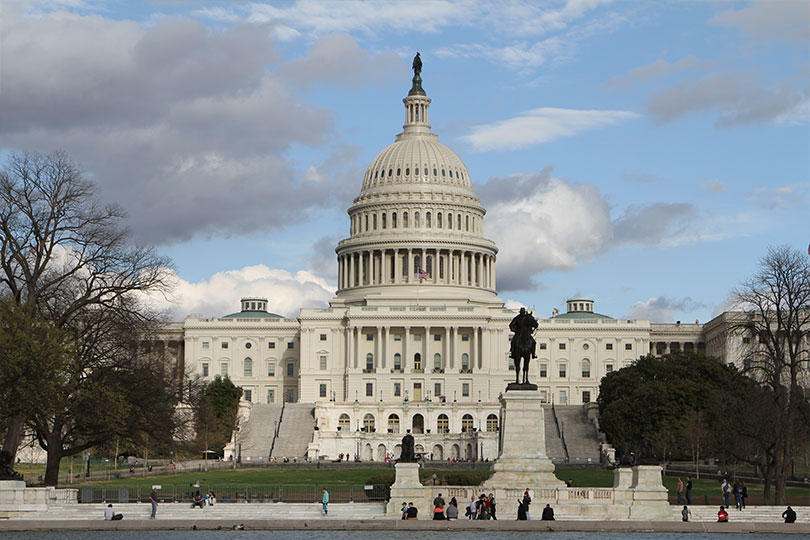By Jessica Domel
Multimedia Reporter
Fewer tax brackets, an eventual death of the estate tax and expanded, immediate expensing for farmers and ranchers were all part of a plan released by House Republicans Thursday to overhaul the American tax code for the first time in 30 years.
The tax bill, dubbed “The Tax Cuts and Jobs Act,” will deliver tax relief to Americans, according to House Ways and Means Committee Chair Kevin Brady of Texas.
“Our legislation is focused entirely on growing our economy, bringing jobs back to our local communities, increasing paychecks for our workers and making sure Americans are able to keep more of the money they earn,” Brady said.
The bill, if passed, will provide immediate relief to farmers and ranchers by doubling the exemption allowed under the estate, or death, tax. The estate tax would then be repealed after six years.
“Family-owned farms and businesses will no longer have to worry about double or triple taxation from Washington when they pass down their life’s work to the next generation,” Brady said.
The American Farm Bureau Federation (AFBF) applauded the move.
“This new tax plan moves us closer to a tax system that rewards the hard work and entrepreneurship of America’s farm and ranch families,” AFBF President Zippy Duvall said.
The proposal includes expanded, immediate expensing for farmers and ranchers, while continuing the business interest deduction.
“We will be studying the plan to ensure the new rate structure reduces the tax burden of our nation’s farmers and ranchers and gives them the flexibility they need to reinvest in their businesses,” Duvall said. “We are long overdue for a permanent tax code that recognizes the unique financial challenges farmers and ranchers face in managing their businesses and keeping their farms running from one generation to the next.”
Under the plan, individual tax rates for low- and middle-income Americans would be lowered to zero, 12 percent, 25 percent and 35 percent. A 39.6 tax rate would remain for high-income families.
“Our legislation delivers unprecedented simplicity that will make it easier and more affordable for families across our country to file their taxes each April,” Brady said. “For the first time in history, nine out of 10 Americans will be able to file their taxes on a form as simple as a postcard.”
The standard deduction would go from $6,350 to $12,000 for individuals and from $12,700 to $24,000 for married couples.
The Child Tax Credit would be increased to $1,600. A $300 credit would be created for expenses related to the care of one’s parents and non-child dependents.
“We’re boosting family-focused tax benefits like the Child Tax Credit to help families keep up with the rising costs of child care, higher education and looking after loved ones,” Brady said. “And we’re eliminating taxes that punish hardworking families like the Alternative Minimum Tax.”
The plan would also preserve the child and dependent care credit and the Earned Income Tax Credit (EITC).
“For families, we’re lowering rates, eliminating costly deductions that drive up taxes and significantly increasing the standard deduction to protect more of each paycheck from taxes,” Brady said.
The deduction for charitable contributions would remain.
The home mortgage interest deduction for existing mortgages and newly-purchased homes up to half-a-million dollars is preserved in the plan.
Taxpayers will be able to write off the cost of state and local property taxes up to $10,000.
The corporate tax rate will be lowered to 20 percent from 35 percent. Businesses, including farms and ranches, would be able to immediately write off the full cost of new equipment to improve operations and enhance the skills of their workers.
“And we’re making America competitive again so our workers can compete–and win–anywhere in the world, especially here at home. By delivering tax relief to businesses of all sizes, the Tax Cuts and Jobs Act makes it easier for entrepreneurs to achieve the American Dream–to start a business and create jobs in our local communities, and it entices employers to bring their headquarters and jobs back home,” Brady said.
Small businesses would also be able to write off the interest on loans.
Additional policy highlights, made available by the House Ways and M

